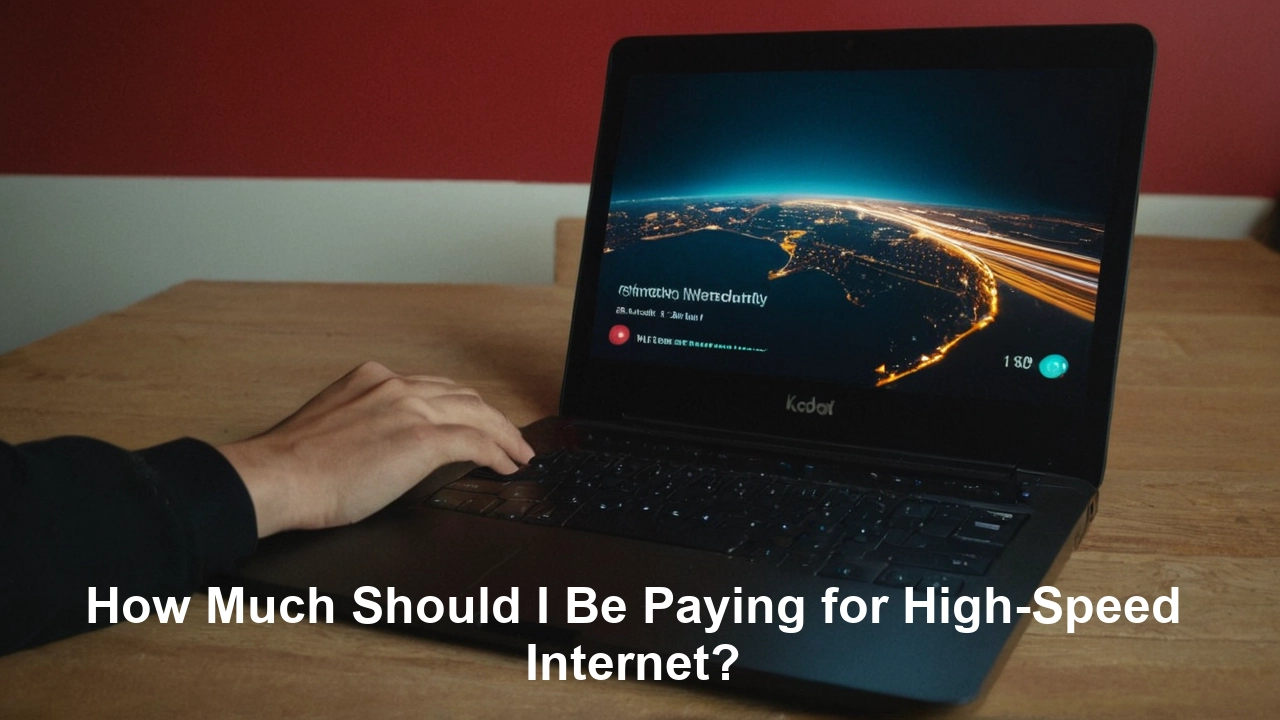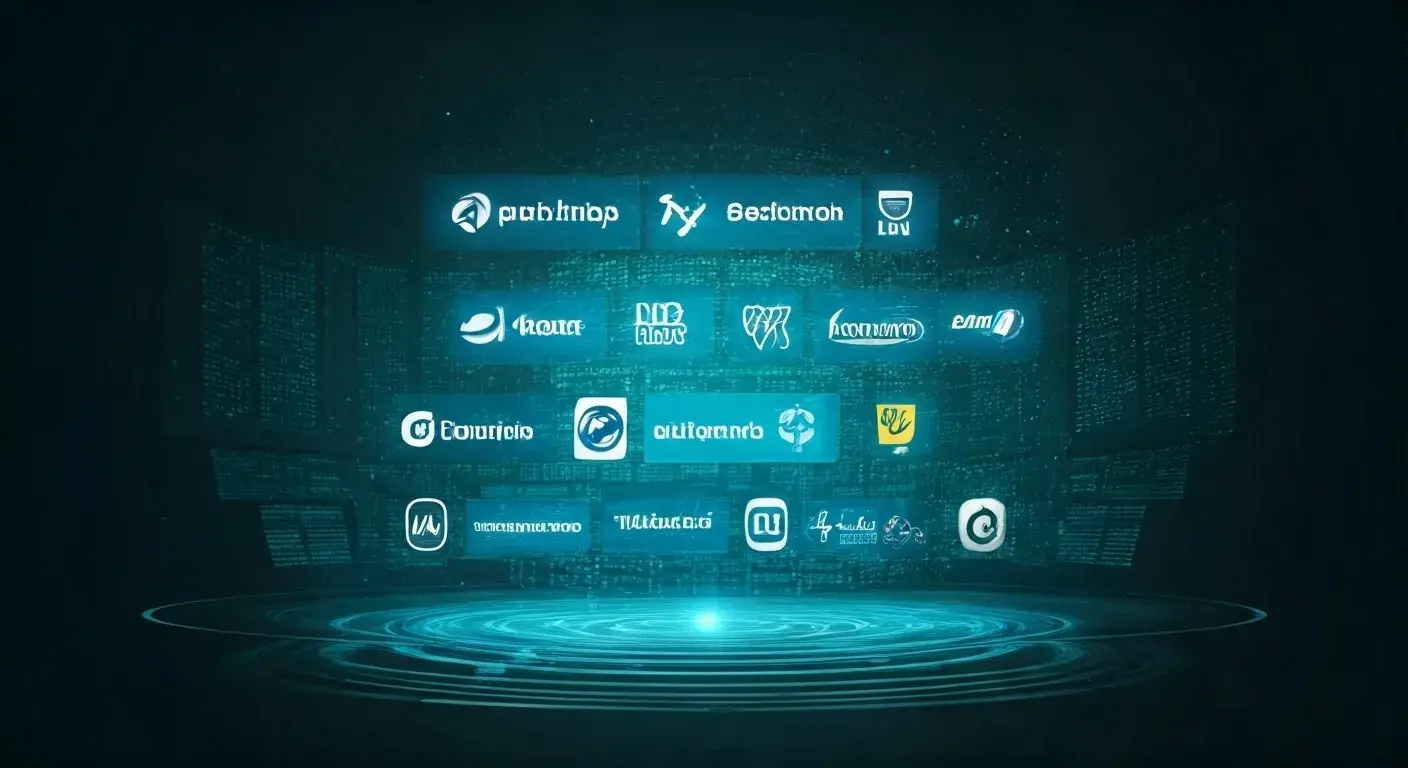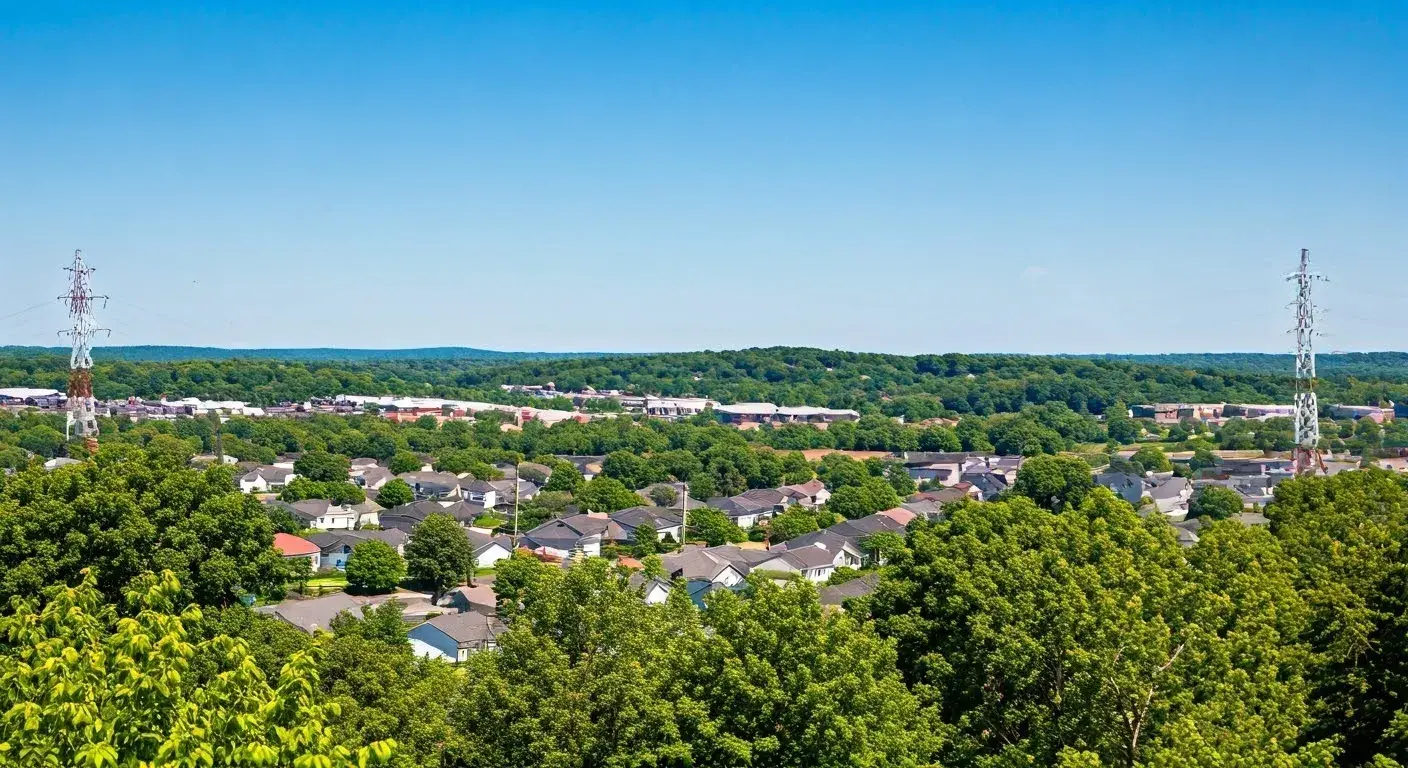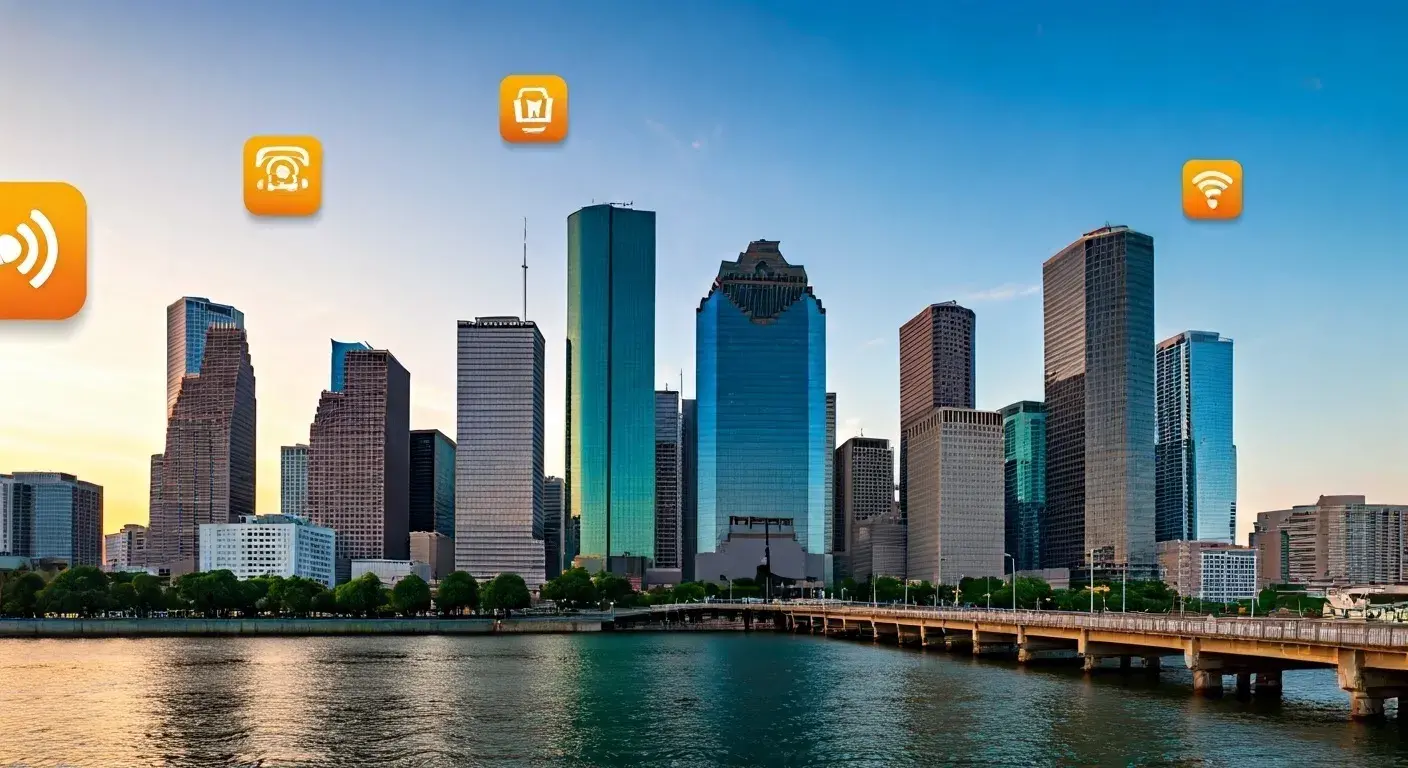
Internet access today is as crucial as water or electricity in today’s world, especially to homes and businesses. With a growing dependency upon the internet for employment, fun, learning, and social interactions the need to identify the most optimal high-speed internet connection that is also affordable is paramount. In this post, you’ll learn all about pricing factors for high-speed Internet as well as average costs for popular plans, and some tips on how to maximize its value for your money.
Factors Affecting High-Speed Internet Pricing:
1. Download and Upload Speeds
They present high-speed internet plans with specific download and upload speeds included in the package. In general, higher speed options are going to incur greater costs than lower ones, so your selection of desired speeds will be one of the biggest determining factors when it comes to the price you need to pay. The speed you require depends on the purpose of browsing the internet, for instance, for a single user or two, it may not require high speed as compared with a family containing two or more gamers or streamers.
2. Data Caps
There are some ISPs that have plans for capped data, which means you have limited data usage in a specific month. These plans are less expensive than other unimaxed plans but are often associated with further charges if you exceed your monthly data limit. If you are a heavy user of video streaming services, online gaming or downloads then it will be helpful to you if you select a plan with unlimited data usage.
3. Provider and Plan Type
The pricing might also be hugely affected by the type of an internet service provider and the type of an Internet plan. The large national ISPs such as Comcast, AT&T, and Verizon usually provide more plans for selection at different prices and smaller regional or local providers normally provide cheaper services. Furthermore, some providers will give you additional discounts such as cable TV or phone connections if you take a number of their services.
4. Contract Length
Despite the fact that there are flat rates, some Internet service providers add on extra services or offer them cheaper for a given period if you pay for the Internet connection upfront for the given period usually in terms of months, for instance, 12, 24 or 36. However, this is likely to make you pay less compared to using the particular provider for a limited period as you are bound to pay early termination fees should you cancel your service mid-contract.
5. Geographic Location
The price for broadband connectivity may depend on the availability of the connection depending on the area you live in. The majority of the ISPs offer their services in urban or densely populated areas, thus being prepared to find more competition and thereby enjoy relatively cheaper and quality service. ISPs can be competitive in the larger populated areas but in the rural areas or less populated areas, there could be little competition hence high prices and or slow speeds.
Average Costs of Popular High-Speed Internet Plans:
1. Basic Plans (up to 50 Mbps)
Internet surfers can perform most of their daily activities using basic packages with download rates of up to 50 megabits per second. Such plans can be as low as $20 – $30 per month, but they are generally slower, less reliable and often have data limits. Most often, such plans are sufficient for browsing the internet, checking your email or watching standard-quality films.
2. Mid-range Plans (50-100 Mbps)
Mid-range plans are for people who live alone or have small households or for moderate internet usage such as streaming, gaming, video conferencing etc. Today, the cost of these plans falls between $30 and $70 per month and includes unlimited data along with more stable connections than with the basic ones. Search for the ones that provide the middle option of the package at 50 to 100 Mbps to get the most out of it for the least amount of money spent.
3. High-end Plans (100+ Mbps)
In the case of multiple heavy users or when a customer prefers unbroken high-quality connection, theers with a speed higher than 100 Mbps are ideal. These plans range from $60 to $150 monthly depending on the provider, place, and speed you intend to use. Premium tariffs usually include high-speed connection and specifically unlimited data, which is useful for many device users, game lovers, streamers or those who often make online conferences.
Tips for Getting the Best Value:
1. Learn more about it and compare providers.
Before selecting a particular provider, look for the prices of different Internet providers, the availability of the speeds for a particular area, and the available plans. Customers can go through the details of their previous dealings with the various providers to sample the sort of service that each one offers.
2. Negotiate and Look for Deals
It is wise to discuss the terms with your present supplier and ask for more favourable conditions or rates. Some ISPs also give discount coupons to their new clients, meaning anyone thinking of changing their service provider should consider doing so if the cash saved together with the benefits are worth the exercise and the Moneypenny in the process.
3. Bundle Services for Savings
If you need more than one utility service like cable television, phone, or home security, it might be wiser to combine it with your internet connection. For those ISPs that provide many related services, checking out the prices will show that it is cheaper to pay for the package package.
4. Consider Alternative ISPs
If those packages, prices and ISPs listed above aren’t to your liking or they’re not available in your area, then you should consider the smaller ISPs. A lot of small, local communications providers can provide more reasonable tariffs and higher connection speeds, but no contracts and max caps. In addition, make sure you check on the general reputation of this provider together with their customer service.
Conclusion:
High-speed Internet service costs may differ depending on the location, the company a consumer chooses and selected by the consumer tariff plan. If factors such as download speeds, uploads, traffic allowances, the type of connection, and the contract period are put into consideration, one lands on a reasonable deal. Being reasonable, going online, contacting your ISP, taking into account other offers and services, and considering other ISPs will help you to determine how to get the most high-speed internet connection for the least amount of money. Finally, to establish an affordable, dependable and fast internet connection it’s very crucial to balance the cost and efficiency of the connection.






